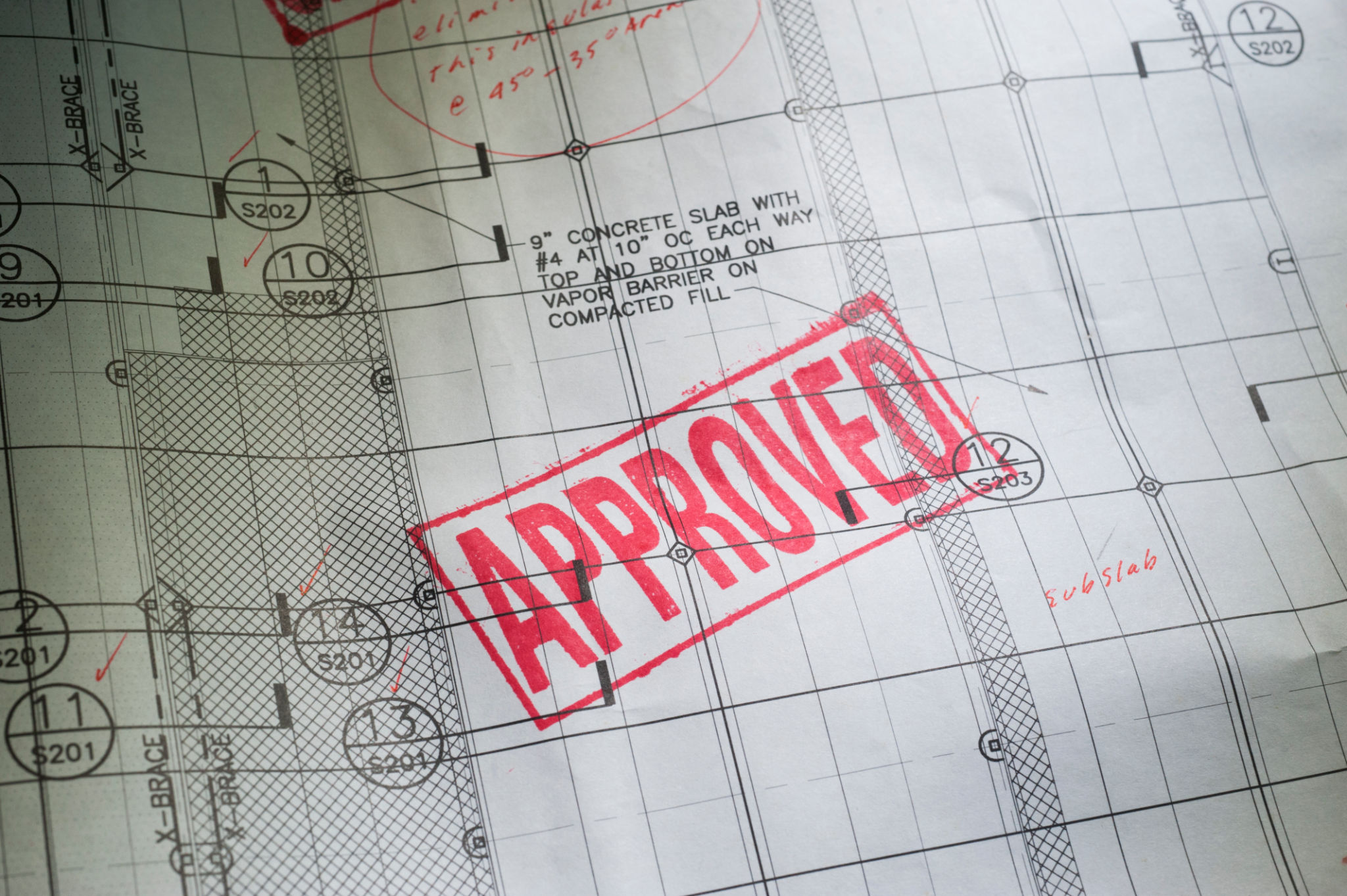How to Prepare Your Metal Fabrication Project for Local Regulations
Understanding Local Regulations
When embarking on a metal fabrication project, it's crucial to understand the local regulations that may impact your work. These rules are in place to ensure safety, environmental protection, and community welfare. Non-compliance can lead to fines, project delays, or even halting of work. Start by researching the specific codes and standards relevant to your project.

Researching Building Codes and Zoning Laws
Before starting your metal fabrication project, familiarize yourself with the building codes and zoning laws in your area. These regulations dictate how structures can be built and used. Contact your local building department for detailed information and ensure your project plans align with these requirements. This step is vital in preventing any legal issues down the line.
Additionally, zoning laws will determine if your intended use of the fabricated structure is permissible in the selected location. Consulting with a local expert or legal advisor can be beneficial in this regard.
Acquiring Necessary Permits
Depending on the scope of your metal fabrication project, you might need to acquire various permits. These could include construction permits, environmental permits, or special use permits. The process can be complex, so it's advisable to start early and consult with local authorities to understand exactly what is required.

Working with Inspectors
Part of ensuring compliance with local regulations involves working closely with inspectors. These professionals will assess your project at various stages to ensure it meets all applicable codes and standards. Establish a good relationship with them, as they can provide valuable guidance and help you avoid potential pitfalls.
Schedule inspections ahead of time and be prepared to make adjustments based on their feedback. This proactive approach can save you time and money by avoiding rework or penalties.
Environmental Considerations
Metal fabrication projects often have environmental implications, such as waste management and emissions control. Local regulations will likely include guidelines on how to minimize environmental impact. Implementing sustainable practices not only helps you comply with laws but also enhances your project's reputation.

Community Impact and Engagement
Your project could impact the local community, so it's wise to engage with residents and local organizations early on. Address any concerns they might have about noise, traffic, or environmental effects. Being transparent and responsive can foster goodwill and support from the community, which can be invaluable throughout the project's duration.
Documenting Compliance Efforts
Finally, document all your efforts to comply with local regulations. Keeping accurate records of permits, inspections, and communications can protect you if any disputes arise. This documentation can also serve as a reference for future projects.
Regularly review your compliance strategy and update it as necessary to adapt to any changes in regulations or project scope. This ensures continuous alignment with local laws and helps maintain project momentum.
